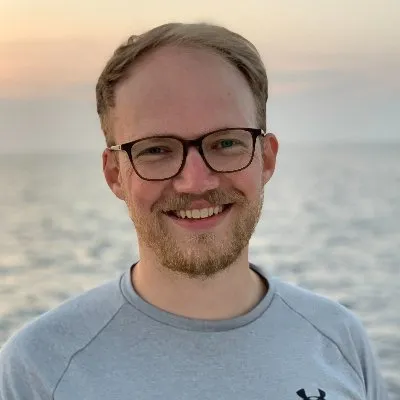


Special: Announcing SyncConf 2025
In this special episode, together with Adam Wiggins and James Arthur, we’re excited to announce the first Sync Conf in San Francisco in November.



In this special episode, together with Adam Wiggins and James Arthur, we’re excited to announce the first Sync Conf in San Francisco in November.


The guest of this episode is Adam Fish, co-founder and CEO of Ditto, a end-to-end syncing platform with a focus on resilient connectivity. In this conversation Adam shares the origin story of Ditto, his prior related work on Realm and the hard networking problems that Ditto is solving.

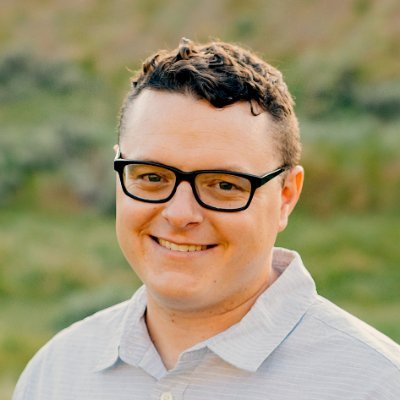
The guest of this episode is Tanner Linsley, creator of the TanStack ecosystem including projects such as React Query and TanStack Router. This episode will talk about the newest project, TanStack DB and explore the problems it’s trying to solve and how it works.


The guest of this episode is Ben Holmes, a senior web developer and educator known for his whiteboard videos. After having spent most of his career building server-centric applications, Ben recently explored local-first software by building a simple sync engine which we talk through in-depth.

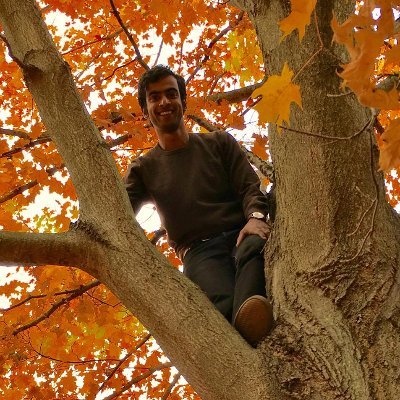
This episode's guest is Sujay Jayakar, co-founder of Convex and early engineer at Dropbox. In this conversation, Sujay shares the story of how the sync engine powering Dropbox was initially built and later redesigned to address all sorts of distributed systems problems


The guest of this episodeis Paul Butler, founder of Jamsocket and creator of the Y-Sweet project. This conversation will delve into building vs buying a sync engine and explore the various projects behind Jamsocket including Plane, Y-Sweet and ForeverVM.

The guest of this episode is Seph Gentle, a prolific software researcher who is behind projects such as the new eg-walker paper and ShareJS, one of the oldest local-first open source projects. Before, Seph also co-created Google Wave over 10 years ago which will be explored in-depth in this episode.


The guest of this episode is Adam Wulf, the engineer and solopreneur behind Muse, a local-first canvas-based tool for thought. This conversation will get trough the evolution of Muse as a product, company and people who made it, reflecting on the joys and struggles of building software as a team of one. Later, the conversation will dive deep into topics such as analytics and distribution of a local-first app.

The guest of this episode is Brooklyn Zelenka, a local-first researcher and creator of various projects including UCAN and Beehive. This conversation, will go deep on authorization and access control in a decentralized, local-first environment and explore this topic by learning about UCAN and Beehive. Later, the conversation will also diving into Beelay, a new generic sync server implementation developed by Ink & Switch.



This is a special episode which was recorded as a Twitter space conversation between Gordon Brander, Peter Van Hardenberg, and Jess Martin.
This conversation explores the ideas and trade offs of apps versus files.


The guest of this episode is James Arthur, founder and CEO of Electric SQL, a Postgres-centric sync engine for local-first apps. This conversation will dive deep into how Electric works and explore its design decisions such as read-path syncing and using HTTP as the network layer to improve scalability. Towards the end we are also covering PGLite, a new Postgres in WASM project by Electric.

The guest of this episode is Kyle Simpson, a prolific JavaScript engineer and author of the book You Don’t Know JS. Over the past years, Kyle has been researching user identity and encryption in a local-first context which we explore in depth in this episode. This conversation will dive into the story that led Kyle to local-first including what he calls Web 2.5 and Zero Servers.


The guest of this episode is Anselm Eickhoff, creator of Jazz and founder of Garden Computing. This conversation will dive deep into Jazz to learn how it works and which use cases it’s a good fit for by exploring various apps already built on top of Jazz.


The guest of this episode is Tuomas Artman, co-founder and CTO of Linear. Prior to Linear, Tuomas had already built sync engines for over a decade at companies like Groupon and Uber. This conversation will explore how local-first and software quality was crucial for Linear’s success and how the concept of a startup MVP should be rethought.


The guest of this episode is Matthew Weidner, a computer science PhD student at Carnegie Mellon University focussing on distributed systems and local-first software. Matthew has recently published an extensive blog post about architectures for central server collaboration which is explored in depth in this conversation comparing different approaches such as CRDTs and event sourcing.

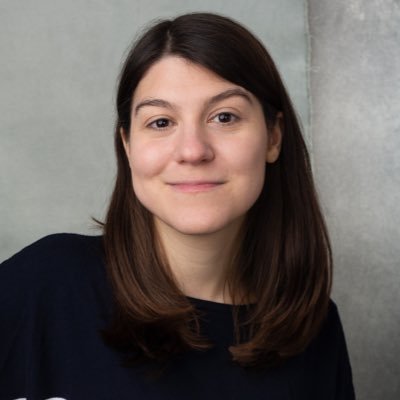
The guest of this episode is Maggie Appleton, a designer, anthropologist and developer who has recently explored the world of local-first by giving the closing keynote at the last local-first conf. This conversation will dive into the topics of her talk including home cooked software, the idea behind barefoot developers and how AI complements local-first software development.

The guest of this episode is James Pearce, the author of Tinybase, a reactive data store library for local-first apps. This conversation will explore how Tinybase works including its custom query system, the various persistence and syncing integrations as well as James’ plans for the future.


The guest of this episode is Adam Wiggins, who is the founder of Heroku and one of the co-authors of the local-first essay by Ink & Switch. As Adam is also a co-organizer of the first local-first conference, this conversation will reflect on the event, share our learnings and discuss a couple of key topics such as a new definition of local-first software.


The guest of this episode is Matt Wonlaw, a prolific local-first tool builder who’s behind projects such as Vlcn, cr-sqlite and Materialite. Most recently Matt also joined Rocicorp to work on their new product. This conversation will go deep on his projects covering CRDTs, SQLite and incremental view maintenance.

The guest of this episode is Dax Raad, who is using local-first in multiple projects including the serverless deployment tool SST.dev, a healthcare app and an upcoming personal finance app. This conversation will explore how local-first simplifies app development, the UX and data patterns he used on and how self-hosting could empower local-first apps.


The guest of this episode is Pirijan Ketheswaran, the creator of the Kinopio, a playful, canvas-based tool for thought. He is also the co-creator of the online IDE Glitch. This conversation will go trough his journey as a creative including his time at Fog Creek and later building Kinopio as a solo developer.


The guest of this episode is James Long, the creator of local-first app called Actual Budget and the absurd-sql project which helped to pave the way to bring SQLite back to the browser. This conversation will explore his journey of building Actual Budget including implementing a syncing solution from scratch and expanding from an Electron app to mobile and the web while re-using most of the code.


The guest of this episode is Rasmus Anderson, who helped to build many monumental products such as Spotify, Dropbox and Figma and is now working on Playbit, a local-first operating system built from scratch.
This extended conversation will go deep on software quality, the tradeoffs of different data models and the importance of the web for modern applications.

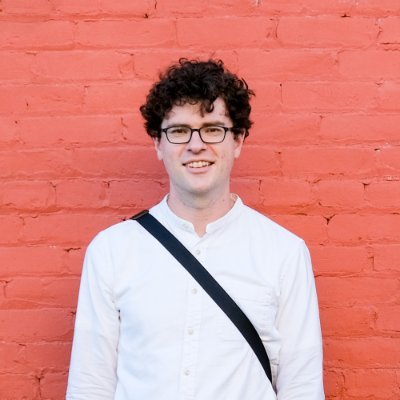
The guest of this episode is Kyle Matthews, who, in the past, founded Gatsby JS and is currently delving into local-first software.
In the conversation, Kyle shares his experiences in building some small-scale local-first apps for his personal use and discusses how the utilization of a data syncing engine liberates significant development time.


The guest of this episode, Martin Kleppmann, is one of the authors of the original local-first essay. Martin has been exploring local-first software and CRDTs for over 10 years, which has led to the creation of Automerge, which we discuss in depth in this episode. This episode is also exploring the ideas of generic sync servers and the impact this technology could have on local-first software in the future.

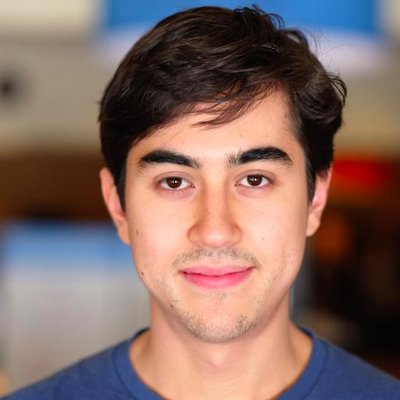
In this episode we talk about Geoffrey's background in malleable software and how relational databases can be leveraged to build better web apps and improve data ownership. A topic he extensively investigates through the Riffle research project.

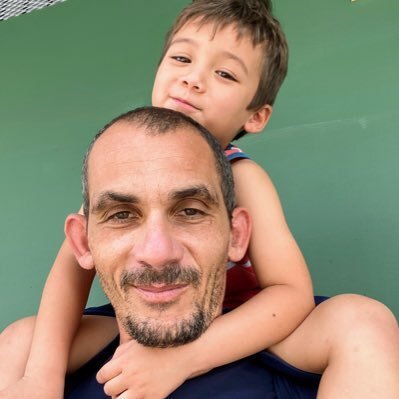
In this episode we talk about Aaron's history in local-first, which goes back to 2008 with the release of Google Gears – the first time sqlite was added to the browser - and his perspective on where we're at now and why local-first is finally happening.


In this inaugural episode, I'm speaking to Peter van Hardenberg, who helped to coin and popularize the term Local First. As the director of the Ink & Switch Research Lab, he's been on the forefront of this work for the better part of a decade. My conversation with him today starts with the basics of what Local First is and why you, an application developer, should care about it.